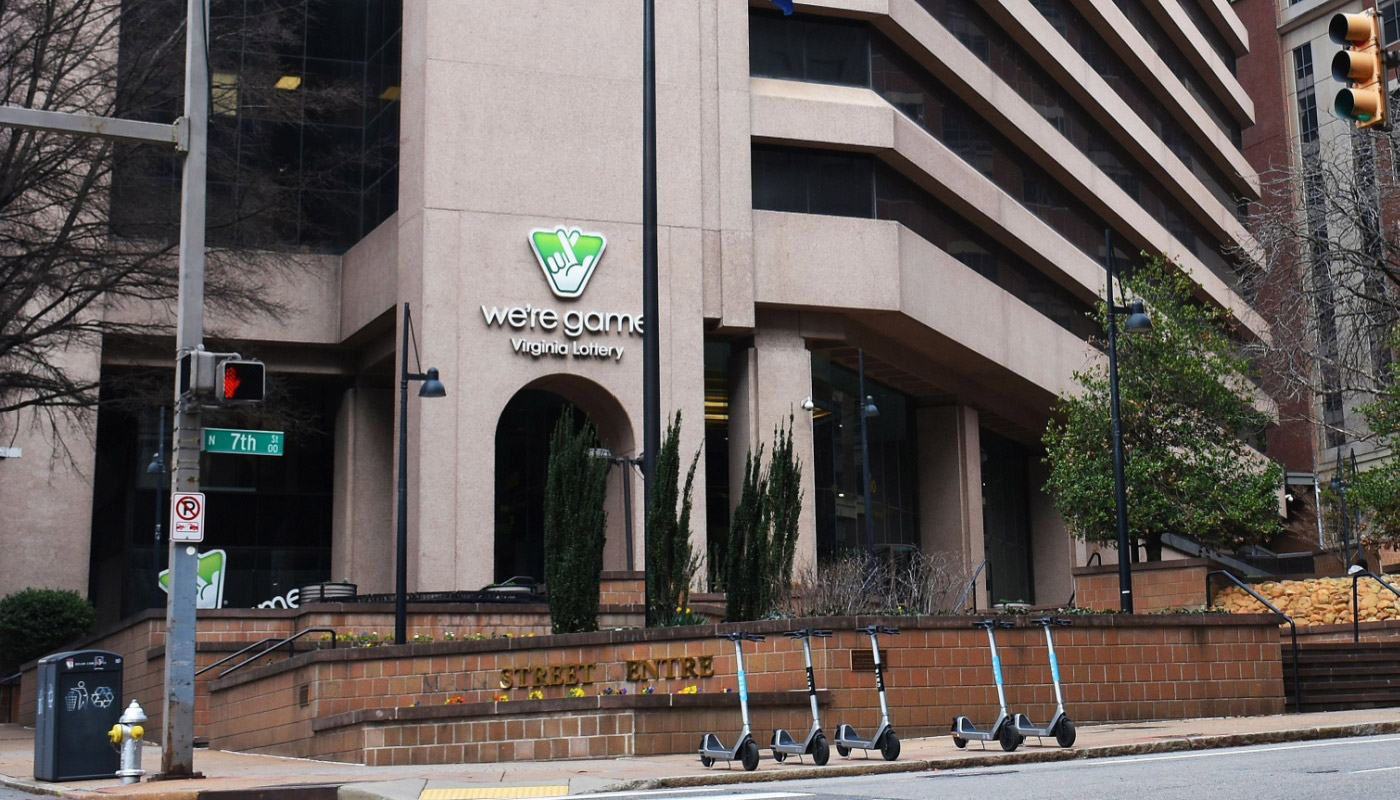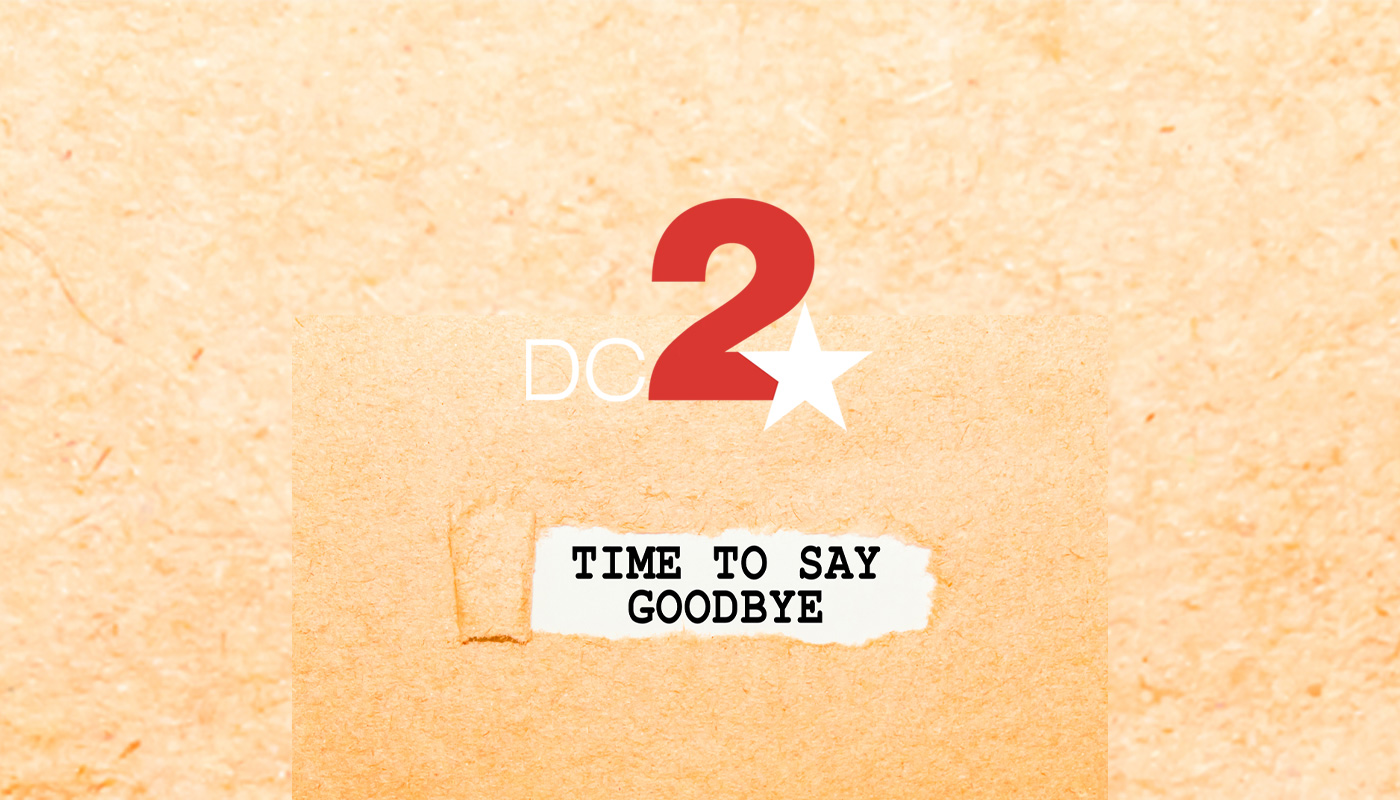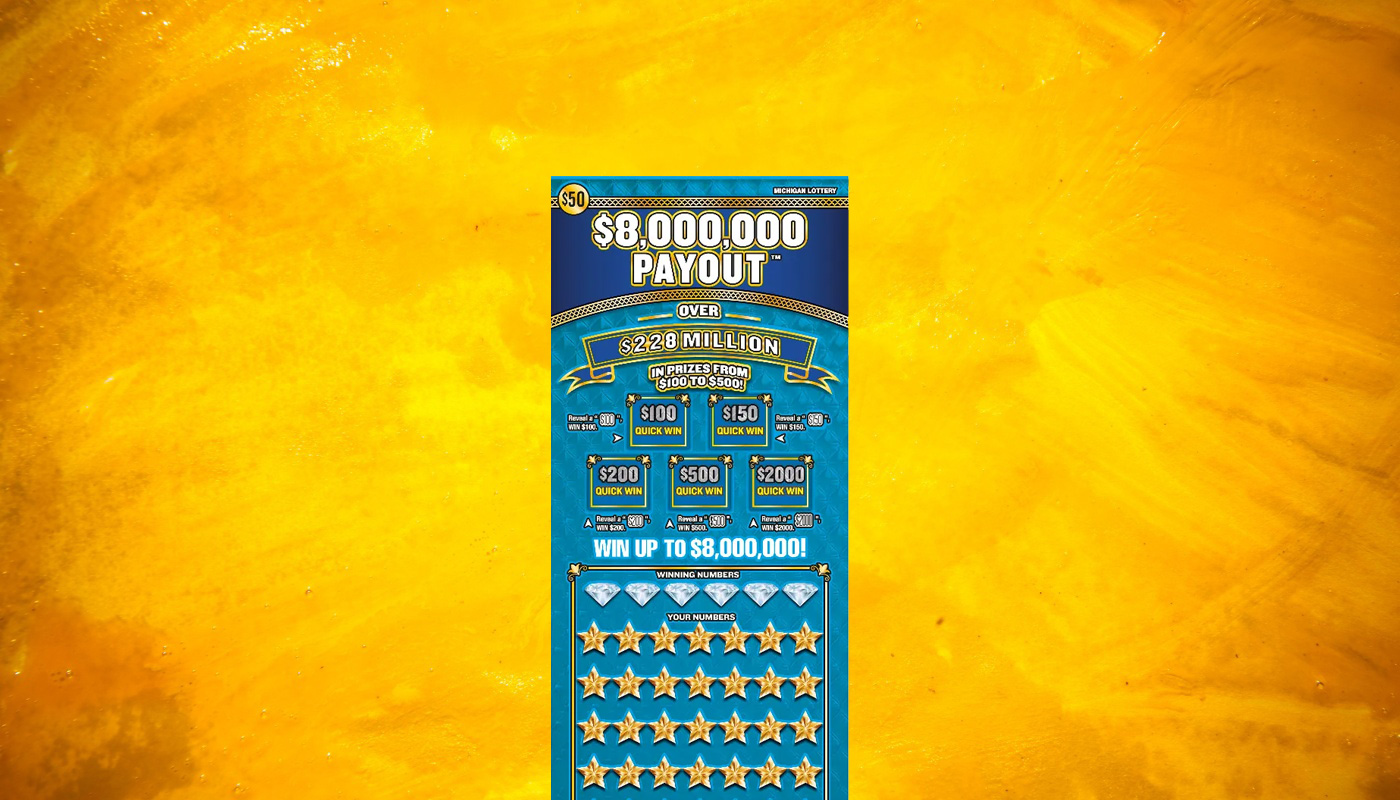
News writer, Interviewer
Have you ever noticed that lottery sales seem to fluctuate with the ups and downs of the economy? It's not just a coincidence.
The lottery, a seemingly simple game of chance, is deeply intertwined with the economic landscape.
How does the state of the economy influence lottery sales? Let's explore the complex relationship between these two factors.
Economic downturns
When the economy falters, many people find themselves facing financial hardships. Job losses, rising costs of living, and uncertainty about the future can create a sense of desperation and anxiety. During these difficult times, the lottery can hold a particular allure.
Studies have consistently shown a correlation between economic downturns and increased lottery sales. As unemployment rates rise and people tighten their belts, a life-changing jackpot becomes even more enticing.
However, while the lottery may provide temporary relief from financial stress, it's important to remember that it's a game of chance with long odds. The probability of winning the jackpot is low, and relying on it as a primary source of income can be a risky gamble.
Here are some key factors that contribute to the surge in lottery sales during economic downturns:
- Increased disposable income: As people cut back on other expenses, they may allocate more of their remaining income to lottery tickets.
- Hope and escapism: The lottery can offer a temporary escape from the stresses of financial hardship and provide a glimmer of hope for a better future.
- Social pressure: Friends, family, or coworkers may encourage others to participate in the lottery, creating a sense of FOMO (fear of missing out).
While the lottery can provide a momentary distraction from financial troubles, it's important to approach it with a realistic perspective. Set a budget and limit spending on lottery tickets. Remember, the lottery is a form of entertainment, not a guaranteed path to financial success.
A gamble against the odds
Lotteries have been criticized for disproportionately affecting lower-income individuals. This regressive nature is a result of several factors:
- Higher spending proportion: Lower-income individuals tend to spend a larger percentage of their income on lottery tickets compared to their wealthier counterparts. This can be attributed to the allure of a quick windfall and the belief that a lottery win could solve their financial problems.
- Instant gratification: Instant games, which often make up a significant portion of lottery sales, are particularly appealing to lower-income individuals seeking immediate gratification.
- Economic hardship: During times of economic downturn, lower-income individuals may be more likely to turn to the lottery as a desperate attempt to improve their financial situation.
Studies have supported the regressive nature of lotteries. For example, research has shown that individuals with lower incomes are more likely to purchase lottery tickets and spend a higher proportion of their income on them. This can exacerbate existing economic inequalities and perpetuate a cycle of poverty.
Balancing act
Inflation, the sustained increase in the price level of goods and services, can have a complex impact on lottery sales, too.
On one hand, rising inflation can reduce people's disposable income, leading them to cut back on non-essential expenses like lottery tickets.
However, inflation can also have a positive effect on lottery sales. When interest rates rise to combat inflation, it can lead to larger lottery jackpots. This is because the money used to fund the jackpots is often invested in bonds, which generate higher returns in a high-interest-rate environment. Larger jackpots can generate increased excitement and drive up ticket sales.
The overall impact of inflation on lottery sales depends on a variety of factors, including the severity of inflation, the size of lottery jackpots, and the economic conditions in a particular region.
To better understand this relationship, let's look at Florida and Massachusetts.
Florida Lottery sales decline
In the 2023-2024 fiscal year, Florida Lottery sales experienced a decline, dropping from $9.8 billion in the previous year to $9.417 billion. This marked the first decrease in sales in four years and was attributed primarily to a 6% drop in scratch-off ticket sales.
Economists attributed the decline to several factors, including:
- Inflation: The rising cost of necessities forced consumers to cut back on discretionary spending, including lottery tickets.
- Economic uncertainty: The COVID-19 pandemic and subsequent economic challenges may have contributed to a decrease in lottery ticket purchases.
Massachusetts Lottery and inflation
In Massachusetts, lottery sales also faced headwinds due to inflation. In October 2022, officials reported a decline in sales, with scratch ticket sales down by 6.7%. The rising cost of living left consumers with less disposable income to spend on non-essential items like lottery tickets.
Key takeaways:
- Inflationary pressures: Rising inflation can negatively impact lottery sales as consumers prioritize essential expenses.
- Economic uncertainty: Economic downturns can lead to a decrease in lottery ticket purchases as people become more cautious with their spending.
- Scratch-off ticket sales: Scratch-off tickets, which often make up a significant portion of lottery sales, are particularly vulnerable to economic downturns.
These examples from Florida and Massachusetts highlight the complex relationship between the economy and lottery sales. As economic conditions continue to evolve, it will be important to monitor the impact on lottery revenue and consider strategies to mitigate the effects of downturns.
A gamble on economic trends
As the economy evolves, so too will the lottery landscape. Understanding the historical relationship between economic factors and lottery sales can provide valuable insights into the future of this popular pastime.
Here are some potential trends to watch:
- Continued economic uncertainty: If economic uncertainty persists, we may see a continued reliance on the lottery as a source of hope and escapism.
- Technological advancements: The rise of online gambling and mobile apps could significantly impact lottery sales, potentially increasing accessibility and convenience for players.
- Regulatory changes: Changes in lottery regulations, such as increased taxes or restrictions on ticket sales, could affect the popularity and profitability of lotteries.
- Shifting demographics: Changes in demographics, such as an aging population or increased urbanization, could influence lottery participation and spending patterns.
The future of the lottery is a gamble on economic trends. By staying informed about these factors, individuals can make more informed decisions about their participation in this popular pastime.




















Comments